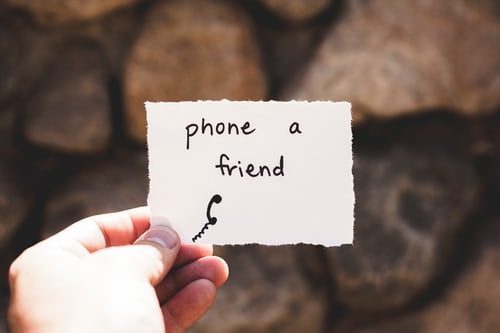From a young age, I have embraced my South Asian heritage in every part of my life as an Indian classical dancer, following the Hindu religion, and surrounding myself with my culture through friends and family. An aspect that was always hidden within the culture and traditions I followed was the mental health of our community as a whole. Mental health is often seen as taboo or invisible to the South Asian community. The invisibility of mental illnesses is due to the connotation that individuals struggling through a mental illness are “crazy” or “unstable”. These individuals are a flaw to the “perfect” South Asian image because mental health is always hidden from society. The stigma of mental health exists throughout all communities and the ones we care about the most are unlikely to confide in us about their mental illness, thus, encouraging me to create a space through MannMukti at UIC where they feel comfortable to share their emotions and experiences.
MannMukti is a Hindi word for mental liberation. MannMukti aims to eradicate the stigma and encourage mental health awareness of South Asian communities to create a healthy and open dialogue in communities across the nation. I founded a chapter of MannMukti at the University of Illinois at Chicago in the Spring of 2020 through the national organization. The goal of creating a university-level chapter of MannMukti is to encourage university campuses to have critical conversations with college students about the adversities that the South Asian student population has gone through regarding culture, identity, and mental health services. MannMukti means different things to every individual. Several college students have gone through difficult battles that have affected their mental health and creating a safe space for these individuals is crucial. Mental health is an essential part of our overall well being and stability within life. I strive to help eradicate this stigma because the “get over it” attitude negatively impacts every individual to believe that they are the problem and hide from discussing their mental health.
Today, COVID-19 has further emphasized the importance of mental health and self-care. I believe that it is time to speak up because every individual matters and breaking down barriers between our wellbeing and community is important to openly protect our loved ones. Mental health is not a weakness, but rather a strength. Our experiences, personal battles, and powerful dialogue can connect us as a community and bring us together as one.


